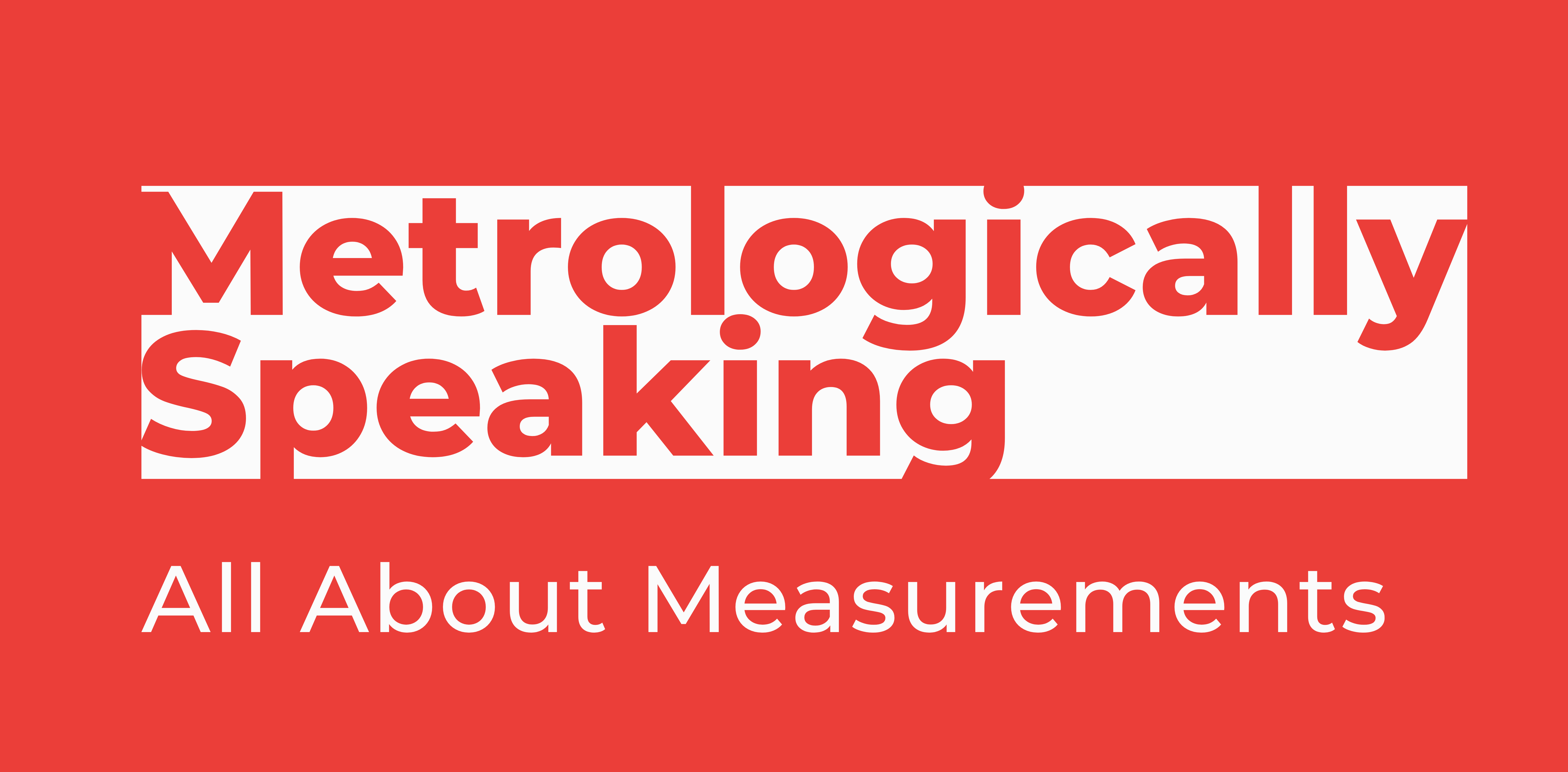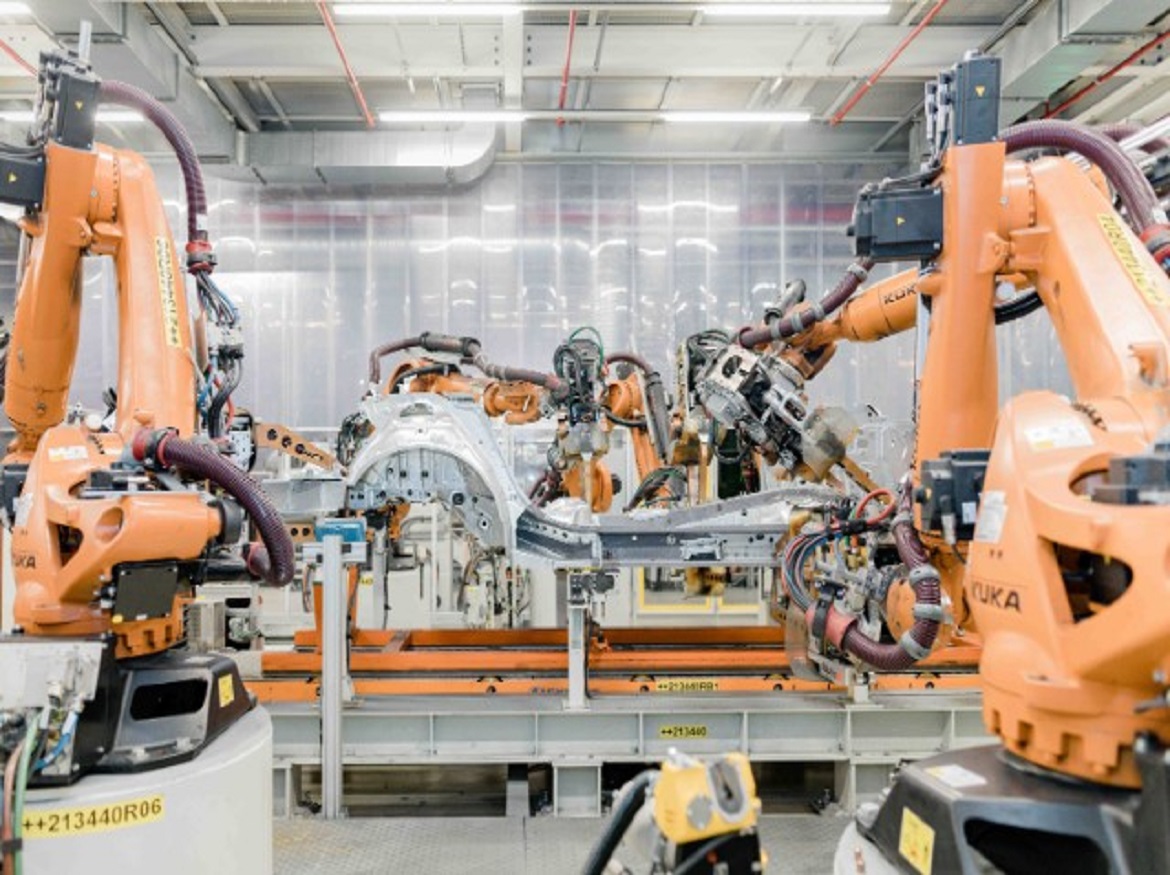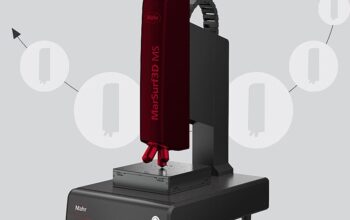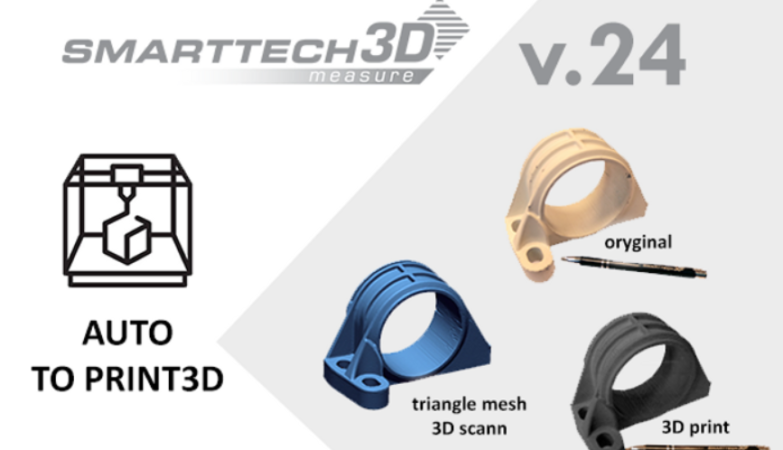The potential that AI has for many fields of application and in particular for quality control in the production context is undisputed. However, it is equally undisputed that there are also some unknowns when introducing AI technologies. This can include topics such as regulatory and normative requirements such as the much-discussed “EU AI Act”, and possible risks in terms of personal or financial damage, or the underlying data and their meaningful processing. A particularly important factor is also the people who will have to deal with AI in the future. They should trust it and be able to help shape it with the help of their comprehensive specialist and domain knowledge.
In order to address precisely these aspects when introducing AI in automobile production, Audi commissioned the Fraunhofer Institute for Industrial Engineering IAO with its research and innovation center Cognitive Service Systems KODIS in Heilbronn and the Fraunhofer Institute for Manufacturing Engineering and Automation IPA. As part of the several-month collaboration at the Audi site in Neckarsulm, there were three project stages in which possible hurdles in the introduction of AI and possible solutions for these were worked out based on the application “Welding of car bodies”. In essence, it was about being able to adequately secure and document future AI applications and to involve all parties involved at Audi in the development process.
Human-centric AI as a goal
Promoting a positive attitude towards the new AI technology was particularly important to the project partners on the Audi side. That is why the Fraunhofer experts first started with interviews with the staff. They asked specialists in production, quality assurance, IT, and managers about the potential and desires that they associate with the use of AI. Discussions with external certification bodies supplemented the internal Audi interviews.
In the second project step, the so-called resistance spot welding (WPS) was selected as an exemplary application and evaluated with regard to its suitability for the use of AI. So far, quality control has been carried out here under the guidance of a specialist. This means that the specialist checks spot welds using ultrasound and classifies them as “okay” or “conspicuous”. It’s a laborious process. In the future, this process is to be supported by AI, in which the AI evaluates the quality of the spot welds based on certain process parameters and thus proposes a pre-selection of conspicuous points for ultrasonic testing.
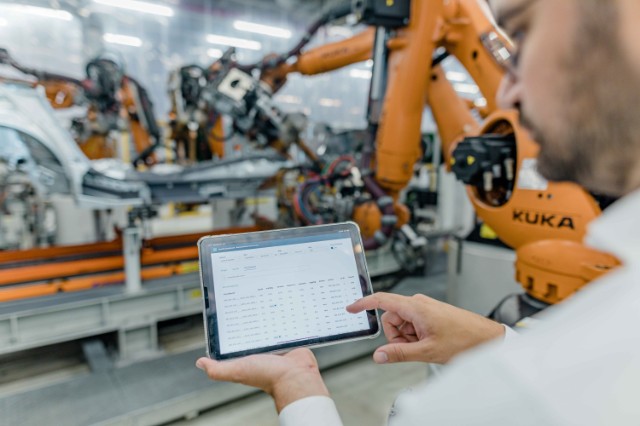
Guide for the safe use of AI in the production environment
The third and final stage of the project resulted in the development of company-specific guidelines for the successful and safe use of AI at Audi. Its structure is based on the common development process of an AI application, i.e. it goes from the development of the use case to the use of data and model development to the use of the model.
»With the guidelines, we combine current research results with best practices from AI application development and upcoming legislative and regulatory efforts. In this way, we can help companies to develop reliable AI solutions,” explains Prof. Marco Huber, whose Cyber Cognitive Intelligence department at Fraunhofer IPA worked on the project. The authors refer to the draft of the EU AI Act, the “Guidelines for Designing Trustworthy Artificial Intelligence” from the Fraunhofer Institute for Intelligent Analysis and Information Systems IAIS, and the “Whitepaper Trusted Artificial Intelligence” from TÜV Austria.
Finally, the guide also includes feedback from the interviews with the staff. “For the specialists at Audi, it is crucial that the functionality and security of an AI system are made transparent,” says Janika Kutz, head of the “Public Service Innovation” team at KODIS of the Fraunhofer IAO and an expert for technology acceptance, summarizing the interview results. Audi thus has a comprehensive recommendation at hand to successfully implement the introduction of AI in quality control or in other production processes. The company is thus in an excellent position to meet the legal requirements for the use of AI applications as soon as they come into force.
Knowledge transfer in industry and research
On the one hand, the Fraunhofer specialists use the general, company-independent findings from the project as a basis for further consulting projects relating to AI for production. This allows them to create similar guides for all AI applications around the production context for companies of all sizes. In coordination with Audi, they also published the project results as a paper in a scientific context.
Click on the following link Metrologically Speaking to read more such news about the Metrology Industry.
